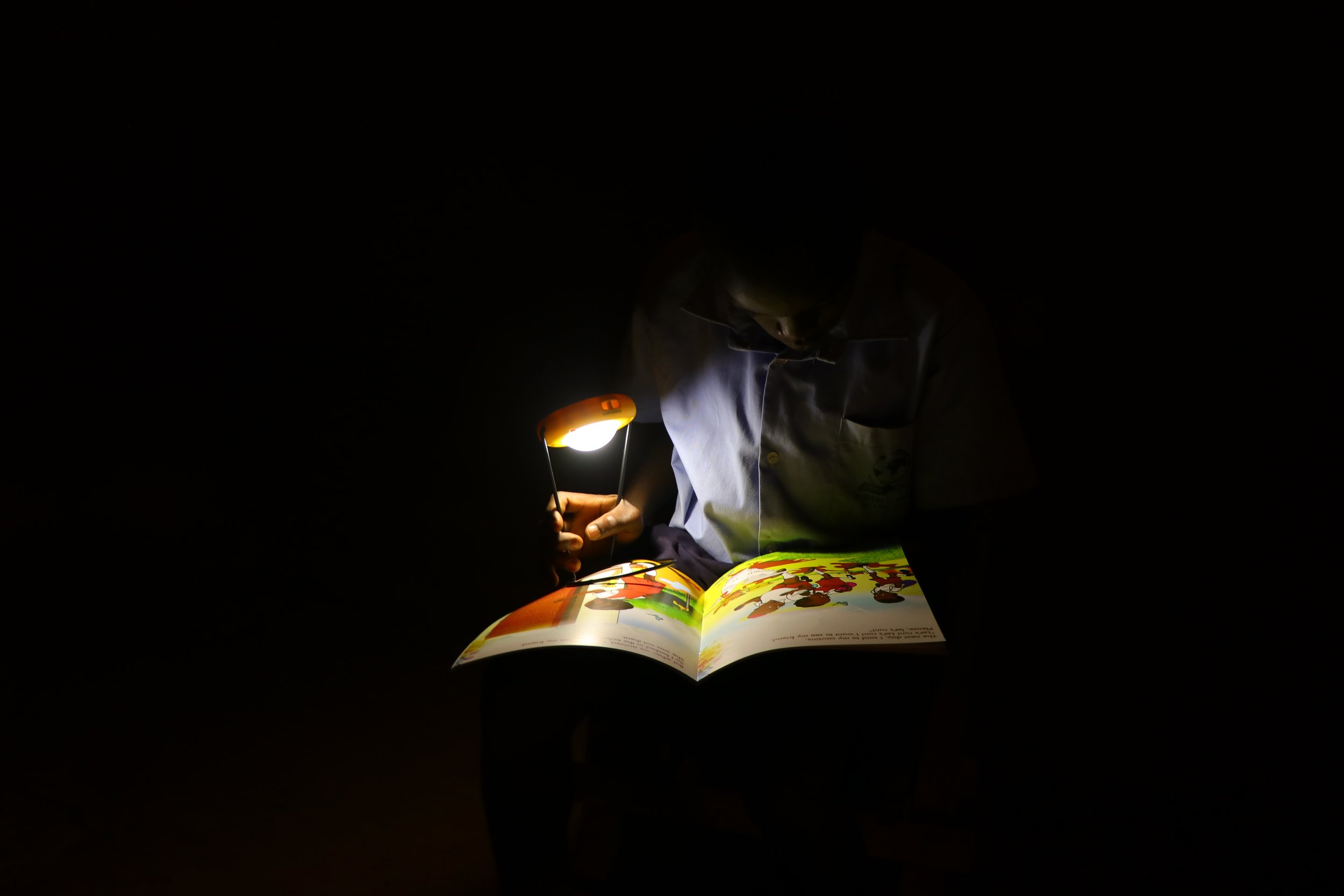Brighter Futures for Mothers in Amolatar
Nurse Akello* walks in for her shift at Acii Health Center around five in the morning. It’s still dark; she looks East in the hopes of seeing a lightening in the deep navy blue, but no luck yet. Soon, it will be morning, she tells herself.
She switches on her flashlight to get to work. With no power of any kind reaching the clinic, Nurse Akello* will have to set up her stations, wash her hands from buckets of water, and prepare for the day with only her flashlight to guide her.
And then she hears it: the feet shuffling in the dirt, the soft cries of a mother, the coaxing of a father. She knows these sounds well, and prepares to deliver the first – and most likely not the only – baby of the day.
She puts the flashlight between her teeth – the only light she will have throughout the entire delivery – and gets to work.
For many years, this was the reality at Acii Health Center in Amolatar District, located in the rural North of Uganda. Mothers delivered their children mostly in the dark; nurses brought life into the world with one flashlight, oftentimes held in between their teeth so they could use both their hands to tend to mother and child. The mother would then be sent home, where her only light source was a kerosene lamp, burned at night beneath a mosquito net, posing a serious threat of burns to women and their babies alike.
Thanks to our partnership with Let There be Light International, the future looks brighter for mothers and their children delivered at Acii Health Center.
The FAF and LBTL teams were able to completely solarize the health center, providing lights that will last decades. This project ensures not only that mothers are able to deliver their children safely, but also that all other medical procedures or emergencies happening at night can be safely seen and cared for. This also encourages expectant mothers to deliver at the health center, rather than at home, with the hopes of lowering risks to parent and child alike.
Acii has also been equipped with Pico lights – a portable solar-charged lamp – to give to each mother who delivers at the center. To ensure the success and sustainability of the program, the staff have two new tablet computers with preinstalled survey software. Each new mother will respond to the survey before receiving a solar light, a program component that allows healthcare workers – as well as our team on the ground – to track impact data and support mothers and infants in this community in ways they’ve been unable to before.
To celebrate this project and the positive impact it will have on mothers and their children in Amolatar, a ceremony was held, led by Far Away Friends co-founder Collines Angwech. Over one hundred mothers showed up to appreciate the many teams and people who came together to make this project happen.
George Mike, a team member at Solar Health Uganda, said that, when it began to rain, him and his teammates expected the gathering of women to disperse. What happened, however, was very different. He states, “the value [the mothers] attached to this project… listening to their leaders, that was really so nice of them. We expected that when the rain came they would all go away… but the women stayed until the whole event was finished.”
Our co-founder was told by the health center workers that this ceremony was the first time since its opening that every district leader visited the heath center at the same time. They arrived from across the district, along with radio broadcasters, to recognize the difference this would make for some of Amolatar’s most vulnerable people.
Collines describes the feeling of community and togetherness when they began passing around slices of cake to celebrate: “In Northern Uganda, when someone comes to your home, you offer them food. Even if it is little, you give it to them to say ‘this is the best I have to offer to you and welcome you into my home.’ The sharing of the cake felt like an extension of friendship and family [at the community event]”
In addition to the solarization of the health center, LBTLI in partnership with the Ugandan National Spelling Bee was able to provide Pico Lights AND story books to 150 students at Global Leaders Primary School.
Thanks to the hard work and dedication of both teams, this partnership was able to provide students with not only the opportunity to use their solar lights for chores and homework, but also one of the greatest joys of childhood – to stay up late with a flashlight and a good book, building imagination with each story they read.
Apoyo Matek (thank you very much) from the entire Far Away Friends team to LTBLI, Safe Births Healthy Homes, Solar Health Uganda, and the Ugandan National Spelling Bee for the incredible opportunities you’ve provided for the Amolatar District!
All photo provided by the Solar Health Uganda team.
*name changed for privacy





